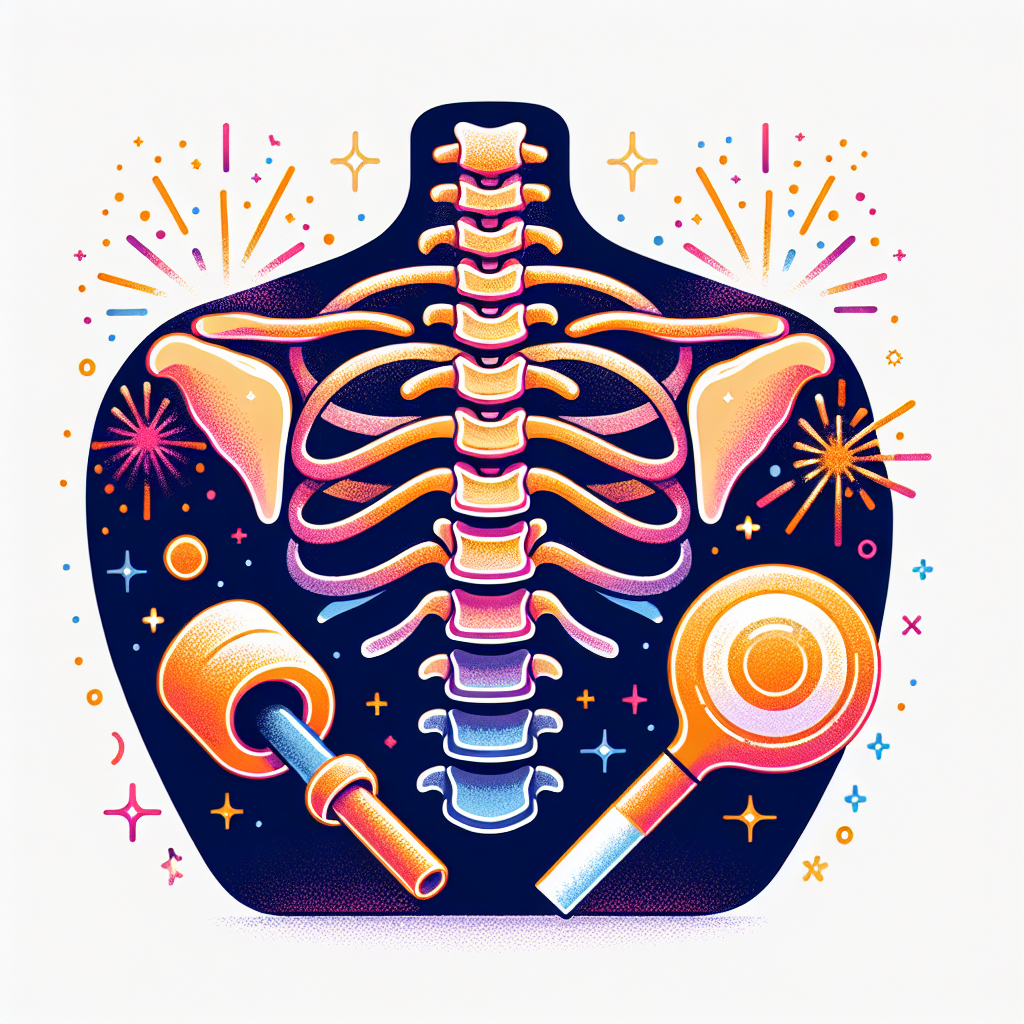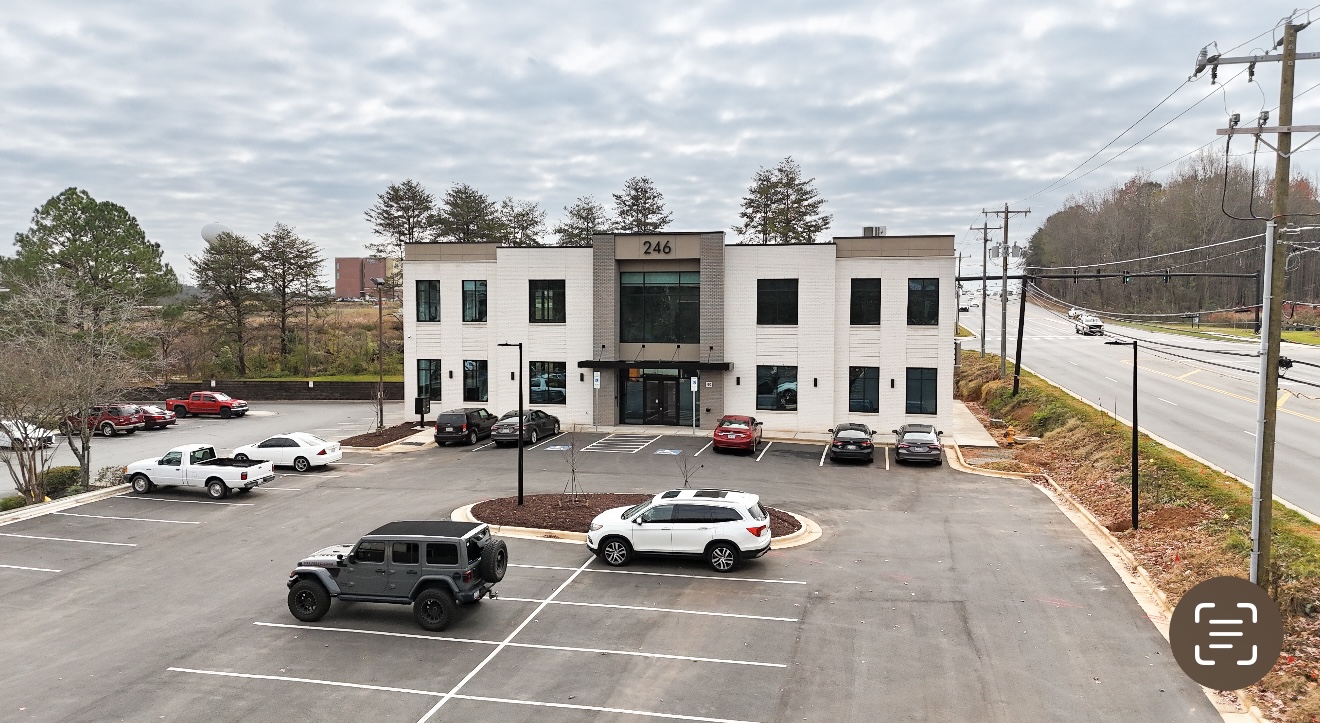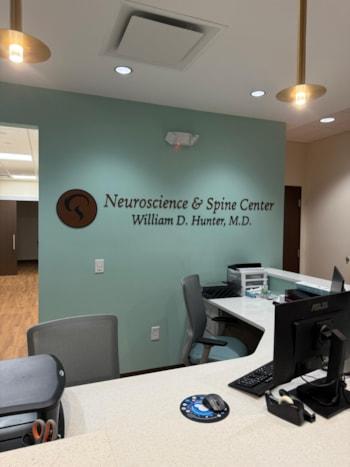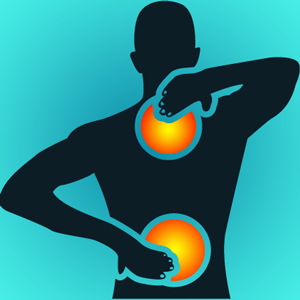Minimally Invasive Spine Video
TRANSCRIPT:
When surgery is required for treating spine problems, we now have an array of surgery options. The Spine Clinic at Neuroscience & Spine Center of the Carolinas is a neurosurgical practice with emphasis on minimally invasive spine surgeries. Doctor William Hunter is a board certified neurosurgeon and is here to tell us more. So, Doctor Hunter, what are the advantages of minimally invasive surgery over the conventional methods?
Minimally invasive spine techniques are very helpful to patients. As surgeons we are able to disrupt less tissue. In other words, we make the incisions smaller. We spread the muscle and not strip the muscle like we were taught in the past; therefore, the region heals better. Overall, these techniques allow for less pain post-operatively. There’s less blood loss during the surgery. The operations typically are faster, and therefore there’s less anestesia for the patient. If the surgery requires them to be in the hospital, the hospital stay is less, and the recuperation time is easier. Patients can get back to their normal activities faster.
And tell us what kinds of problems can be treated with minimally invasive techniques?
Well, that is the beauty of this: all parts of the spine are available. We can treat the cervical (the neck area), the thoracic, the chest area, and the lumber (the lower back area). Therefore, we can treat herniated or ruptured disks, which is a cause of sciatica. Another condition called stenosis, which is the narrowing of the canal. The signals can’t get through, and the patient has to stop, sit down, and rest before they can move again - sort of like the nerves are in a traffic jam area. We can also treat defects of the spine, like when one bone has slipped forward on top of another bone. Prior surgeries can also be treated this way. We can even treat complicated spinal reconstruction. I think it is important for patients to be aware of the planned procedure they have discussed with their surgeon. Make sure their surgeon is comfortable with these techniques (not all surgeons are), but the strongest advice is to make sure you have confidence with your spine surgeon.
Dr. Hunter, thank you. To learn more, you can visit neurosciencecarolinas.com.



 Many people enter the new year already dealing with lingering neck or back pain and simply learn to live with it. Pain that lasts longer than a few weeks, continues to return, or interferes with daily activities is not normal and should be evaluated.
Many people enter the new year already dealing with lingering neck or back pain and simply learn to live with it. Pain that lasts longer than a few weeks, continues to return, or interferes with daily activities is not normal and should be evaluated.
 246 Beatty Drive, Suite 100
246 Beatty Drive, Suite 100 Under the leadership of
Under the leadership of  We look forward to welcoming patients to our new Belmont office in January 2026.
We look forward to welcoming patients to our new Belmont office in January 2026.